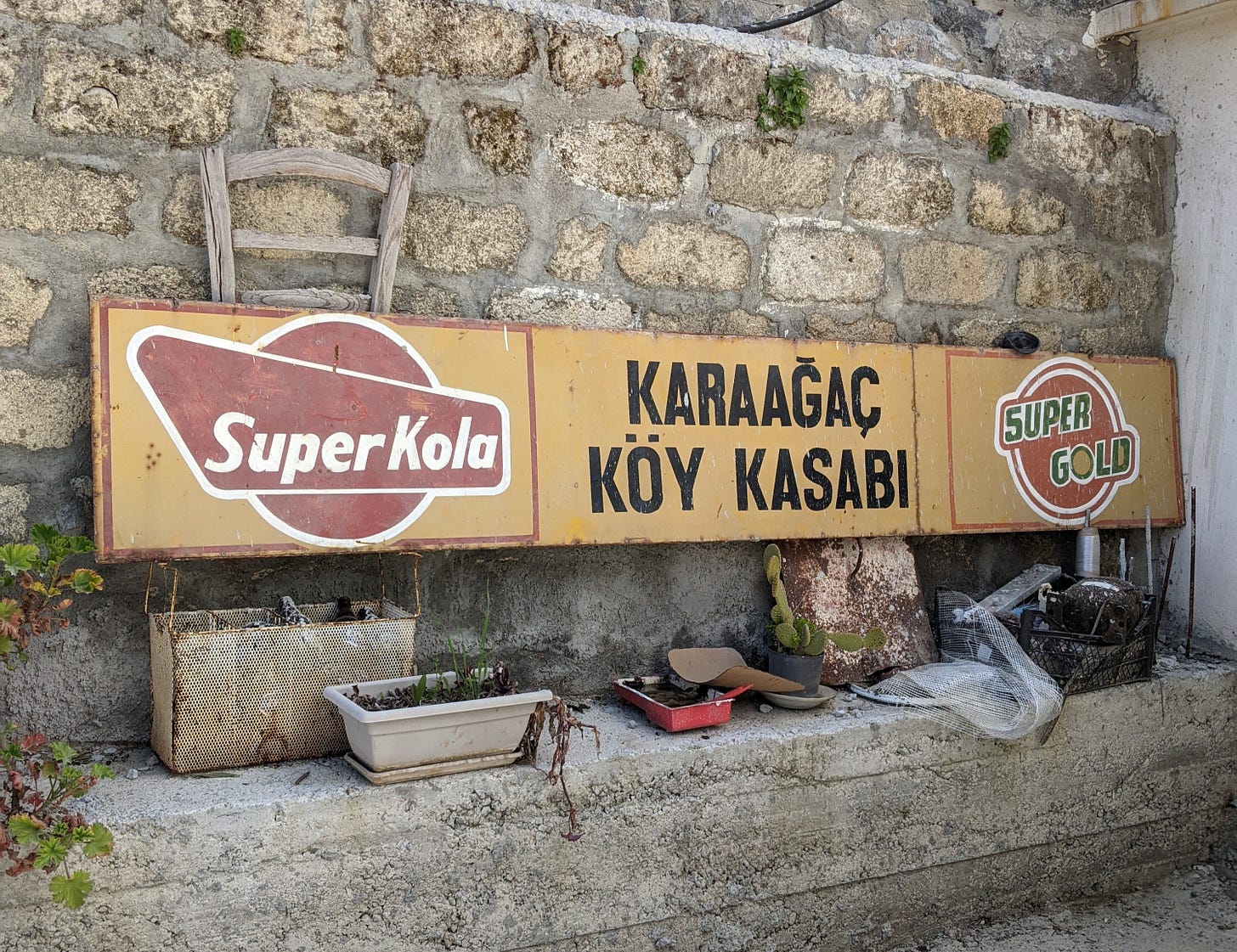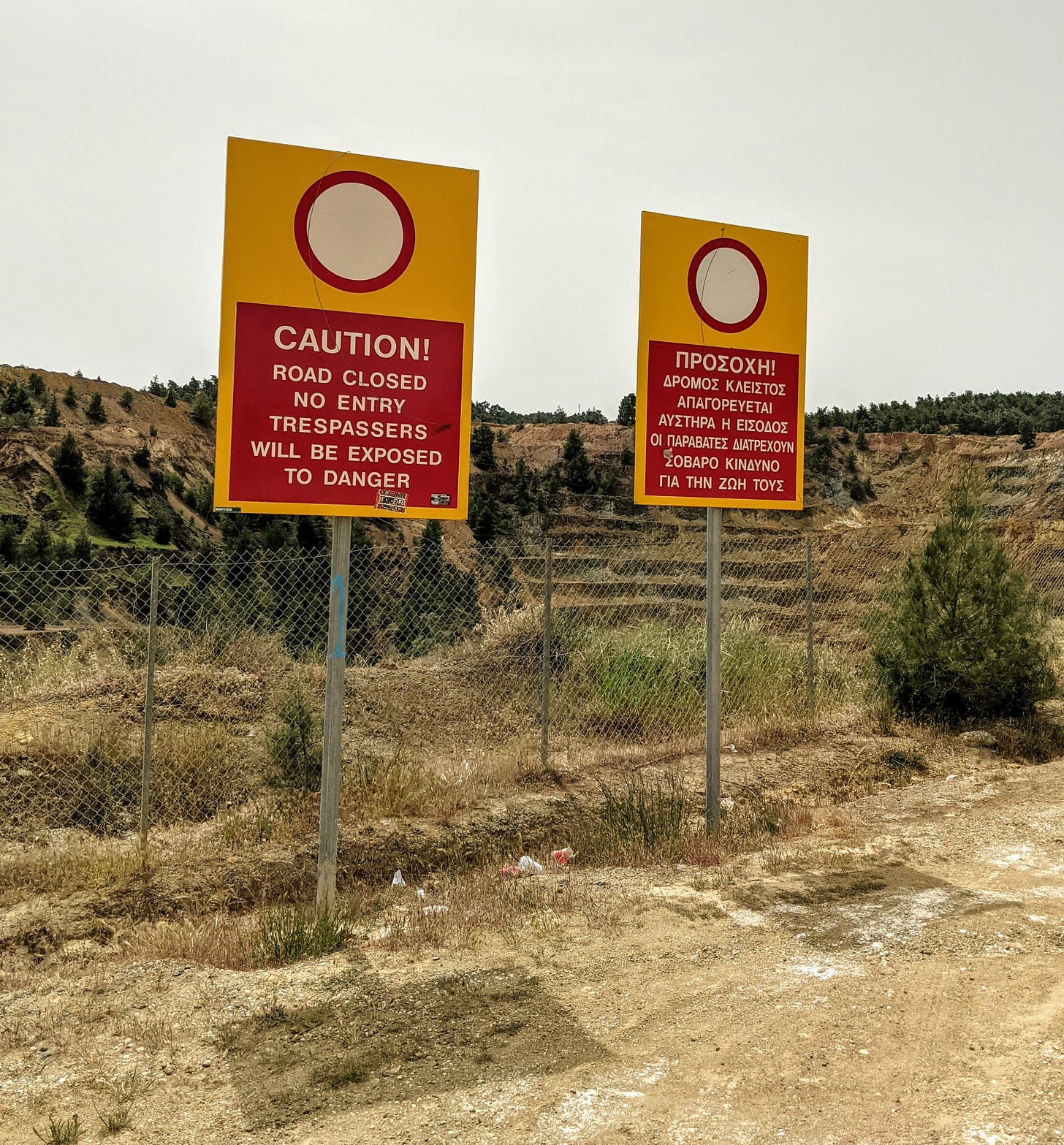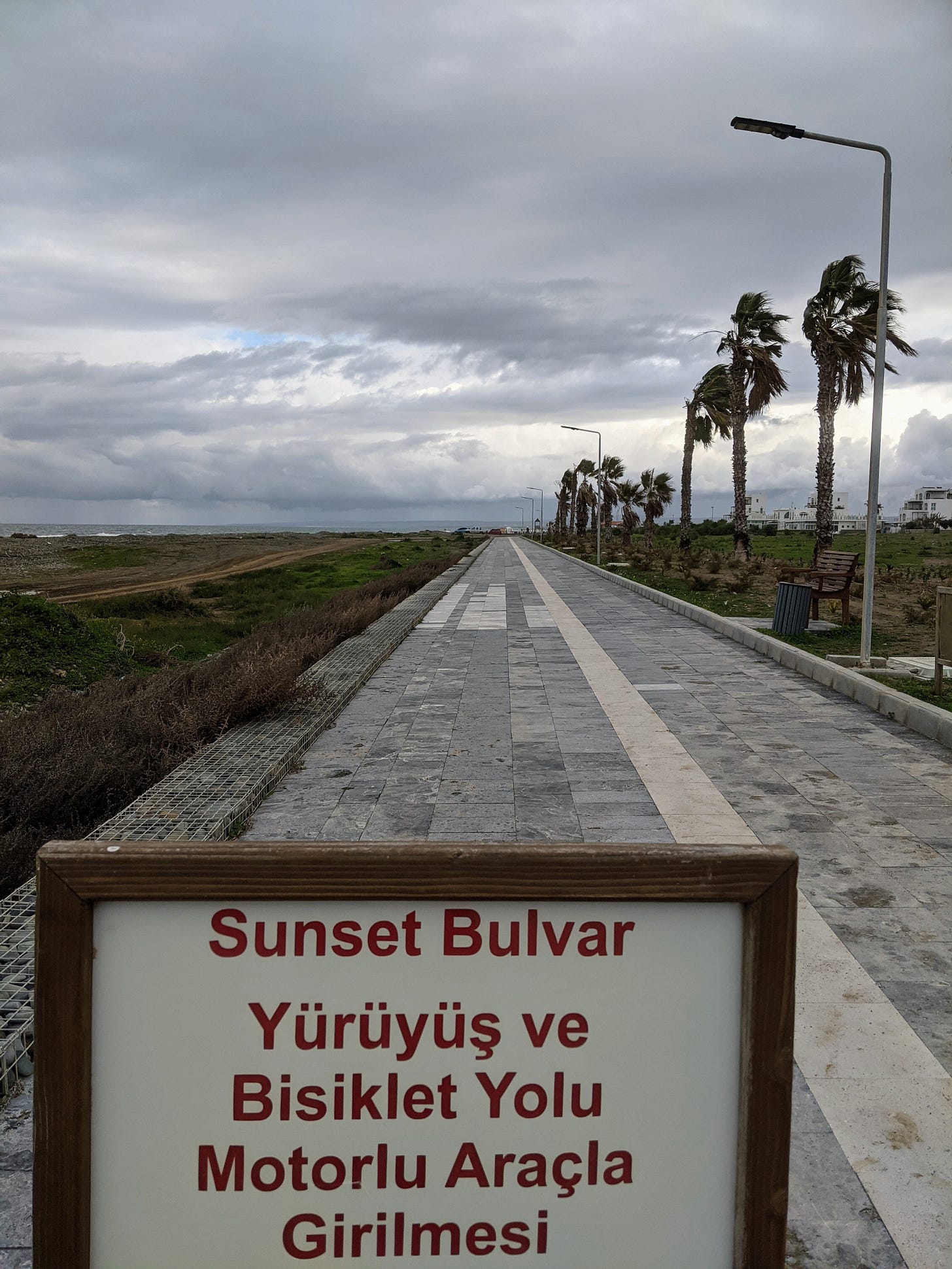Language learning is not easy. I’m American, and being brought up on English has its advantages and drawbacks. For one, being natively fluent in English is a convenient passport to the world; the legacy of the British Empire and the US-centric postwar international system giving English speakers a huge privilege in interaction, trade, and tourism. In many parts of the world, the native language is effectively subtitled in English, so much so that many an English-speaking tourist or expatriate can conduct all their affairs exclusively in their own language without ever learning a word of the local tongue.
But the privilege of English-as-dominant-language also puts those of us Americans who grew up only speaking English at a disadvantage for learning other languages. In high school or university, we may get the chance to learn a foreign language from a set list (i.e. Spanish, French, Mandarin), as if those three languages could account for the linguistic complexity of the entire world.
Due to the limited menu on the public school system, the first second language I tried to learn was French. I studied French for years! But in the absence of traveling to a Francophone country during that language-learning process, most of my French practice consisted of reading French texts, which, as you can expect, doesn’t really help you conversationally, and certainly doesn’t account for the variety of vernacular accents.
That pattern shifted when I started studying a third language in university, when suddenly I was given the opportunity to take courses in many languages outside the ambit of the limited public school menu. Of course, what I ended up studying was modern Greek, which, as the lovable patriarch in My Big Fat Greek Wedding would tell you, is the origin of a lot of Western European language etymology. And though modern Greek is a difficult, difficult language, it still has some strong structural similarities to the Romance languages.
But I started noticing a phenomenon that began to cause me some language-learning problems. My brain kept categorizing my French and Greek vocabulary into a similar box—that is, when I’d try to toggle between these tertiary languages, I’d mix up the words because in my mind they were all classified in the same “second gear” space. For example, when trying to say the phrase “I will take it,” in French, I’d mix up prendre with παίρνω. (“I will take it” vs. “Je le prendrai” vs. “θα το πάρω”). Those two words for “take” sound similar in French and Greek, but this sort of “second gear” confusion would also happen with other words, like “make” (faire, κάνω), or even prepositions of the same meaning, like “at” (à / au, στη / στο).
Anecdotally, some of my friends who have studied more than one language have reported the same feeling of flitting through a rolodex while speaking in a different language, trying to pull the right word from the varied lexical portfolio in their heads. This really manifested for me when I’d try to engage with French-speaking friends in Greek-speaking countries. (If any of you knowledgeable readers know of a specific scientific study confirming or debunking this observation about “second tracking” in languages, or otherwise have also felt this feeling, please feel free to share with me by replying to this newsletter).
But learning languages (and learning more languages outside the ambit of your immediate language family) can really help you understand the often intuitive structures of different languages and therefore make you a better language learner overall. Last year I had the chance to take classes in Turkish, my first foray into the Turkic language family, where sentences are structured subject-object-verb (as opposed to English’s subject-verb-object). Also, in Turkish, many suffixes, prefixes, and internal additions can inflect meaning on the verb. And then, after all that, I’d be surprised by all the French loan words resident in the Turkish mix.
Regardless of the languages you learn on the page, you’re not going to pick up on the accent unless you’re in the context. I remember once transiting through the Madrid airport and, though I had been exposed to Mexican-accented Spanish my whole life, I at first found spoken Spain-accented Spanish nearly unrecognizable. The same process went for me in Cyprus. Whereas my Greek is now relatively effective in the Athenian context, in Cyprus I found the Cypriot accent quite hard to parse. (Some of my mainland Greek friends agreed; meanwhile, Cypriots assert that their dialect is closer to ancient Greek). The other problem being, in the Republic of Cyprus, even if you try to speak Greek, you get English in return. Of course, English dialects around the world can be equally divergent and confusing. For example, I absolutely need the subtitles turned on to process indecipherable British accents when wading through the occasional episode of “Love Island.”
Language learning is about persistence. But in a world where modern life is increasingly globalized—with similar consumer products and systems—linguistic difference is one way in which the world has not been wholly flattened.
In the future, the global lingua franca will undoubtably shift again, depending on the prevailing geopolitical and cultural winds. And by that time the prototypical English-speaking American will no longer be able to skate by internationally with their meager knowledge of high school “¿donde está la biblioteca?”
The time to start learning more languages is now, always, yesterday.
This is the twenty-eighth post in The Cyprus Files, a newsletter series from The Usonian chronicling my Fulbright experiences in Cyprus. Thanks for reading, and if you haven’t subscribed to The Usonian to read about storytelling and design from the edge, please consider joining the list.




